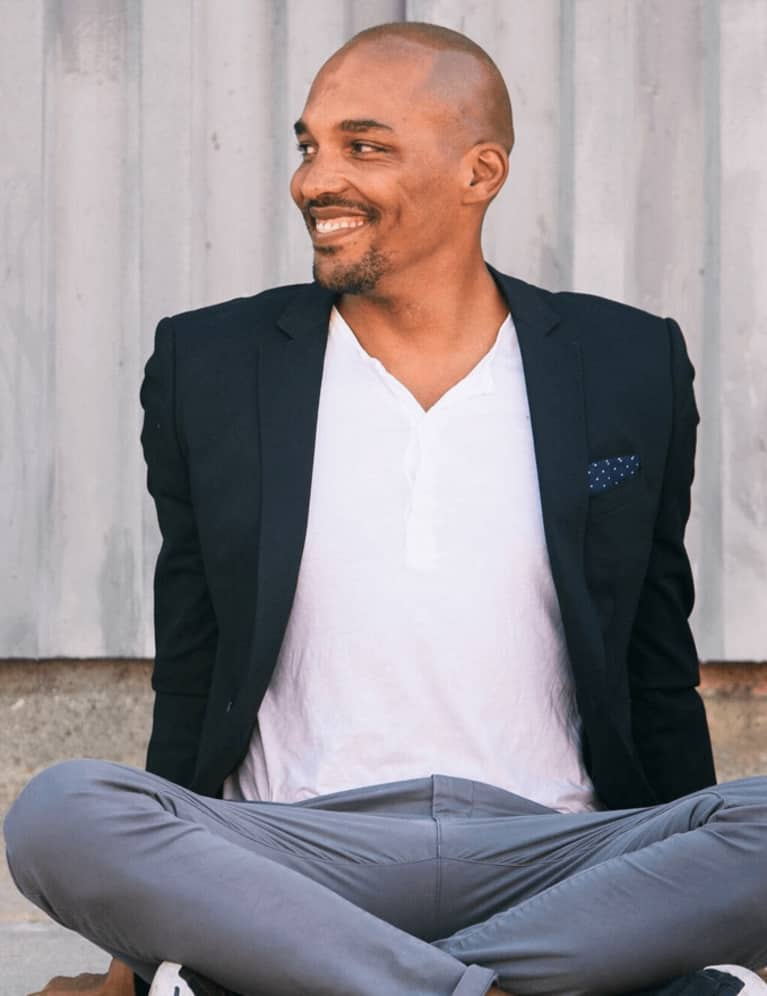
What I’ve learned from this process is that everyone heals from sexual trauma in their own way and time, and that there is no rush to have sex after trauma, nor must you shy away from it if you feel comfortable and safe. I’ve communicated this to my partner, and he’s carefully listened. For me, it’s all about feeling in control of my body and knowing that I have the power of consent at all times. Now I know what I enjoy and what makes me feel comfortable. But I totally get why many find it useful, and why numerous sex therapists recommend mindful masturbation as a method for healing from sexual trauma.Īfter having a lot of time during the pandemic to test out my sexual pleasures, I finally felt in control of my body again and was ready to date and start my sexual journey openly post- lockdown. While I enjoyed the process of the guided masturbation, it wasn’t quite for me. It takes giving ourselves permission to voice our desires, name our pleasures, say yes to wanting more.” But embodying enthusiastic consent takes another kind of radical, more internal reckoning. She writes, “The #MeToo movement let us finally give voice to our trauma, name our wounds, say no to the kind of sex we don’t want. Using this app, Jess Joho found mindful masturbation a helpful tool for healing from her sexual trauma and developing a communicative sex-life with her partner, minus her previous flashbacks to her sexual assault. It's like mindfulness meditation, whereby you purely focus on the body and its senses through touching your body along to a sexy guide’s voice, such as is available on the audio erotica app, Dipsea. "Mindful masturbation is about cultivating an active awareness of your body and immersing yourself in the immediate experience of masturbation,” says Nazanin Moali. All survivors of sexual trauma heal in various ways, and for many, mindful masturbation has become immensely popular. My method of masturbation, however, isn’t for everyone.

While my goal isn’t only to orgasm, I understand that’s absolutely fine if I do and if I don’t-I am still in control of my body either way. Usually, I spend some time picking a steamy porno (typically a seduction) and explore my body, watching the passion erupt on-screen. My masturbation process isn’t very romantic. There’s something about the way my fingers control the timing of reaching climax, and not having to rely on someone else, that helped me reconcile with my seemingly estranged body. It has also helped me to see my body as my own, and not a possession of the ever-lingering gaze. Masturbating helped me get back in tune with my body, heal from my sexual trauma, and learn that sex can be pleasurable, so that now I can have a healthy and passionate sex life with my partner, where I feel in control of my body. It gives them power,” says Staci Haines, author of Healing Sex: A Mind-Body Approach to Healing Sexual Trauma.
#MINDFUL MASTURBATION HOW TO#
“Masturbation allows survivors to relearn how to experience sexual pleasure on their own terms. This explains why many sexual assault survivors struggle with having sex again after experiencing trauma. Psychologist Lauren Moulds explains that “A disconnect from ourselves and intimacy is a common occurrence after sexual trauma.” Typically, after sexual trauma, our bodies hold onto the “memory” of that moment, which can affect our future sexual encounters. !!! women masturbating is normal and not dirty However, women are beginning to talk more openly about engaging in solo sex, and this is how my own journey began. Fathers are often told to give the “masturbation talk” to their sons, yet I don’t recall ever having this talk with my mother. Growing up, I thought that only men masturbated, and I had been conditioned into believing that women don’t. The thought of women masturbating has always been a taboo subject. That is, until I discovered the pleasures of masturbation, and the orgasms that come with it. It felt as if suddenly, my body was no longer mine to control, but rather a slab of meat that was used to be groped and gawked at, controlled by society. But most of all, I felt detached from my body as though when the perpetrator took my virginity, he took my body with him too. I began to think that there was something wrong with me because I’d never feel turned on, even when men offered to please me sexually. For nearly 2 years, I remained untouched I’d freak out and cry during near-sexual experiences, or when a guy held my body in a certain way or got aroused when we were on a date.

At an age where I’d previously felt ready to have sex, I was now terrified of the prospect. I was a virgin, so my attitude towards men and relationships changed to one where sex is only enjoyable for men.

I was raped in my first year at university.


 0 kommentar(er)
0 kommentar(er)
